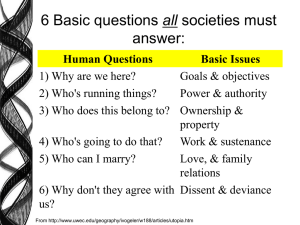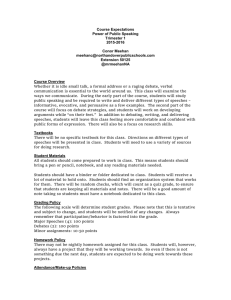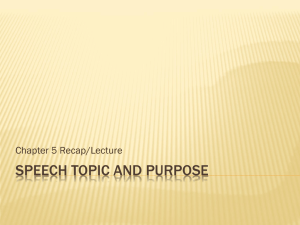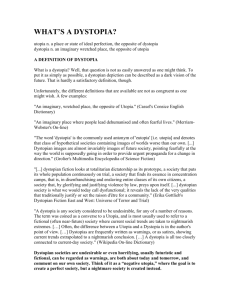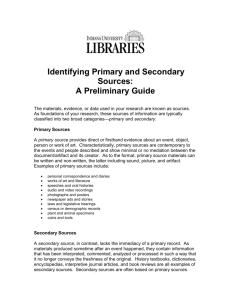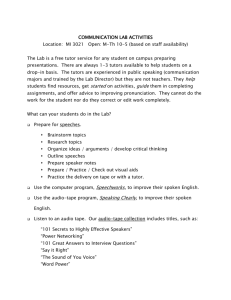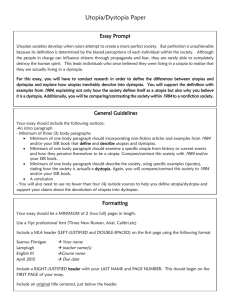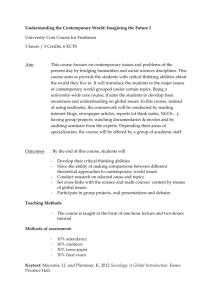Course outline
advertisement
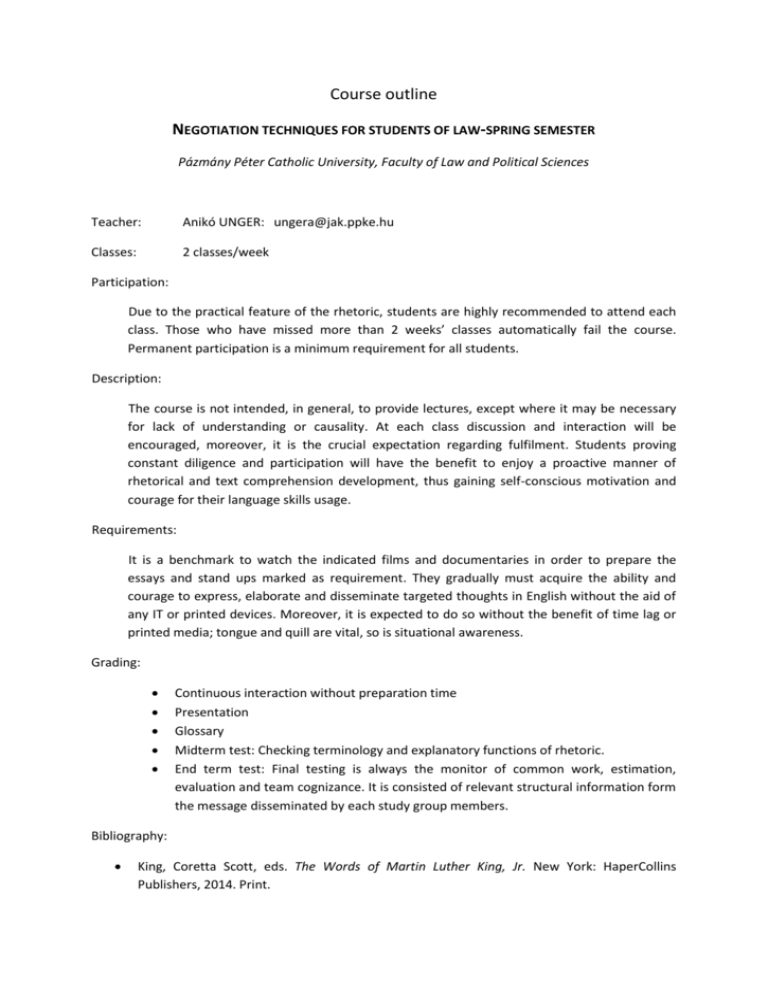
Course outline NEGOTIATION TECHNIQUES FOR STUDENTS OF LAW-SPRING SEMESTER Pázmány Péter Catholic University, Faculty of Law and Political Sciences Teacher: Anikó UNGER: ungera@jak.ppke.hu Classes: 2 classes/week Participation: Due to the practical feature of the rhetoric, students are highly recommended to attend each class. Those who have missed more than 2 weeks’ classes automatically fail the course. Permanent participation is a minimum requirement for all students. Description: The course is not intended, in general, to provide lectures, except where it may be necessary for lack of understanding or causality. At each class discussion and interaction will be encouraged, moreover, it is the crucial expectation regarding fulfilment. Students proving constant diligence and participation will have the benefit to enjoy a proactive manner of rhetorical and text comprehension development, thus gaining self-conscious motivation and courage for their language skills usage. Requirements: It is a benchmark to watch the indicated films and documentaries in order to prepare the essays and stand ups marked as requirement. They gradually must acquire the ability and courage to express, elaborate and disseminate targeted thoughts in English without the aid of any IT or printed devices. Moreover, it is expected to do so without the benefit of time lag or printed media; tongue and quill are vital, so is situational awareness. Grading: Continuous interaction without preparation time Presentation Glossary Midterm test: Checking terminology and explanatory functions of rhetoric. End term test: Final testing is always the monitor of common work, estimation, evaluation and team cognizance. It is consisted of relevant structural information form the message disseminated by each study group members. Bibliography: King, Coretta Scott, eds. The Words of Martin Luther King, Jr. New York: HaperCollins Publishers, 2014. Print. Humphreys, Edward eds. Great Speeches: Words That Shaped the World. London: Arcturush Publishing Limited, 2014. Print. (soundtracks) + Self-selected online and printed resource list for rhetorical concepts and terminology interpretation; this is to be presented as a task and reasoned for the choice. Films and documentary videos, soundtracks: For general human behaviour and leaders’ mistakes: Die Welle; The Iron Lady; The King’s Speech; JFK (Oscar awarded); Lincoln; Forrest Gump; Elisabeth; Philadelphia; The Good Lie; Pride and Prejudice; Utopia and dystopia films: The Giver; Hunger Games; Lord of the Rings You Tube documentaries with the greatest speakers of history; for peace, in wartime, during Cold War, contemporaries; o Ronald Reagan o Obama o Kennedys o Edward VIII o Winston Churchill o George W. Bush o Roosevelt o Martin Luther King o Nixon o etc. Patterns for diplomatic, business and political speeches: as of GREAT SPEECHES-WORDS THAT SHAPED THE WORLD edited by Edward Humphreys (with audio download that the students are provided access to) www.lawprose.org Mr. Justice’s reports and recommendations for lawyers’ rhetoric Note: recurrent activity during the classes with comments and introspection Class 1 Class 2 Class 3 Class 4 Class 5 Class 6 Class 7 Class 8 Class 9 Class 10 Class 11 Class 12 Setting out the course target, marking criteria, engaging for the high impact individual presentation (in prezi) game: current international issue debated General human behaviour and leaders’ mistakes I General human behaviour and leaders’ mistakes II. Utopia and dystopia Utopia and dystopia MIDTERM TEST, role plays and stand ups Greatest speakers of history Greatest speakers of history Patterns for diplomatic, business and political speeches Patterns for diplomatic, business and political speeches END TERM TEST Evaluation

